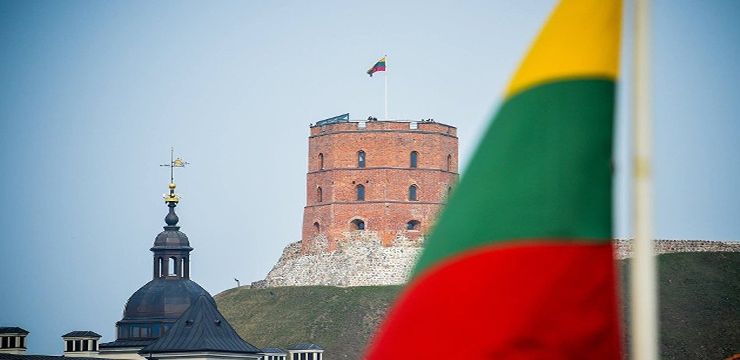Lithuania has almost stopped importing grain from Russia and Belarus, but transit has increased

Stricter control over the import of grain from Russia and Belarus to Lithuania has almost stopped its imports to the country, but the volume of transit to other EU countries has increased. This was stated by Audroni Mikalauskienė, Director of the State Food and Veterinary Service of Lithuania, LRT reports.
“Tightening control over the import of grain from Russia and Belarus to Lithuania has almost stopped grain imports, but its transit to other EU markets has increased significantly,” the State Food and Veterinary Service of Lithuania said.
“After March 18, we have seen a 95% reduction in imports from Russia and Belarus to Lithuania, but we have seen an increase in imports to Lithuania for import to other EU countries,” said Audroni Mikalauskienė, head of the service.
Since March 18, the State Food and Veterinary Service has been inspecting every wagon or vehicle with grain imported from high-risk countries, such as Russia and its occupied regions, and Belarus, checking the origin of the grain and, as before, checking whether grain consignments destined for the EU market contain prohibited impurities.
According to Mikalauskienė, 184 batches of grain were transported through Lithuania to the markets of Germany, Denmark, France, Belgium, the Czech Republic and other EU countries from January 1 to March 18, and 317 batches from March 18 to April 16.
“This means that the number of shipments to other EU countries from Russia and Belarus via Lithuania has almost doubled,” Mikalauskienė said.
According to the agency, until March 18, an average of 20-25 consignments of Russian or Belarusian feed were sent to Lithuania for import per day.
During the first month of increased inspections, 38 trucks transporting 1068 tons of feed from Russia and Belarus were checked. Three shipments were cleared, while the rest are still undergoing laboratory tests. Last week, no batches of feed destined for the Lithuanian market were found.
In addition, since March 18, no Russian or Belarusian grain or processed products for final consumption have been imported into Lithuania.
According to the State Food and Veterinary Service, between March 18 and April 16, 292 batches of grain with a total weight of 18 thousand tons were imported from Russia and Belarus to the EU countries through Lithuania.
Mikalauskienė emphasized that last week alone, 25 consignments of grain destined for the German market were transported through the port of Klaipeda.
In March, the European Commission proposed to impose maximum import tariffs on grains, oilseeds and their products, including wheat, corn and sunflower meal, hoping to stop Russian agricultural products from entering the EU market.
According to the European Commission, last year, the EU imported 4.8 million tons of grain from Russia and Belarus, worth 1.5 billion euros.
Read also
Wheat in Southern Brazil Impacted by Dry Weather and Frosts
Oilseed Industry. Leaders and Strategies in the Times of a Great Change
Black Sea & Danube Region: Oilseed and Vegoil Markets Within Ongoing Transfor...
Serbia. The drought will cause extremely high losses for farmers this year
2023/24 Safrinha Corn in Brazil 91% Harvested
Write to us
Our manager will contact you soon



